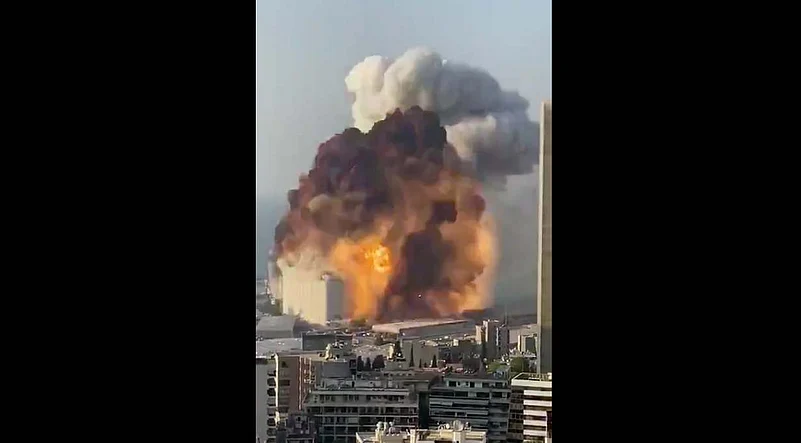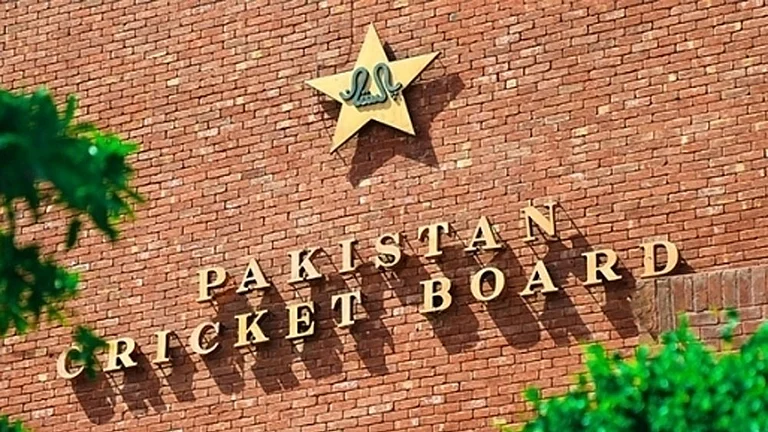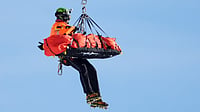A massive explosion rocked downtown Beirut on Tuesday, flattening much of the port, damaging buildings and blowing out windows and doors as a giant mushroom cloud rose above the capital.
Lebanese Red Cross official Georges Kettaneh said there were dead and wounded, but did not have an exact figure, just saying there were hundreds of casualties.
A civil defense official on the scene of the blast said his men had evacuated dozens to hospitals and that there were still bodies inside the port, many of them under debris.
The cause of the blast was not immediately known.
The explosion appeared to be centred around Beirut's port and caused wide scale destruction and shattered windows miles away.
An Associated Press photographer near Beirut's port witnessed people wounded on the ground and widespread destruction in central Beirut.
The head of the Lebanese Red Cross told local TV there were hundreds of casualties although many were superficial wounds from broken glass.
Video taken by residents showed a fire raging at the port, sending up a giant column of smoke, illuminated by flashes of what appear to be fireworks. Local TV stations reported that a fireworks warehouse was involved.
The fire then appeared to catch at a nearby building, triggering a more massive explosion, sending up a mushroom cloud and a shock wave over the city.
“It was like a nuclear explosion,” said Walid Abdo, a 43-year-old school teacher in the neighborhood of Gemayzeh near Beirut.
The blast came at a time when Lebanon's economy is facing collapse, hit both by a financial crisis and coronavirus restrictions. Many have lost jobs, while the worth of their savings has evaporated as the currency has plunged in value against the dollar. The result has thrown many into poverty.
It also comes amid rising tensions between Israel and the militant Hezbollah group along Lebanon's southern border.
The explosion was reminiscent of massive blasts during Lebanon's civil war and took place only three days before a UN-backed tribunal was set to give its verdict in the killing of former Prime Minister Rafik Hariri in a truck bombing more than 15 years ago. That explosion, with a ton of explosives, was felt miles away, just like Tuesday's explosion.
It was the latest chapter for a country that has suffered a 15-year civil war, repeated conflict with Israel, political assassinations and various other crises including the current unprecedented financial and economic crisis.

























